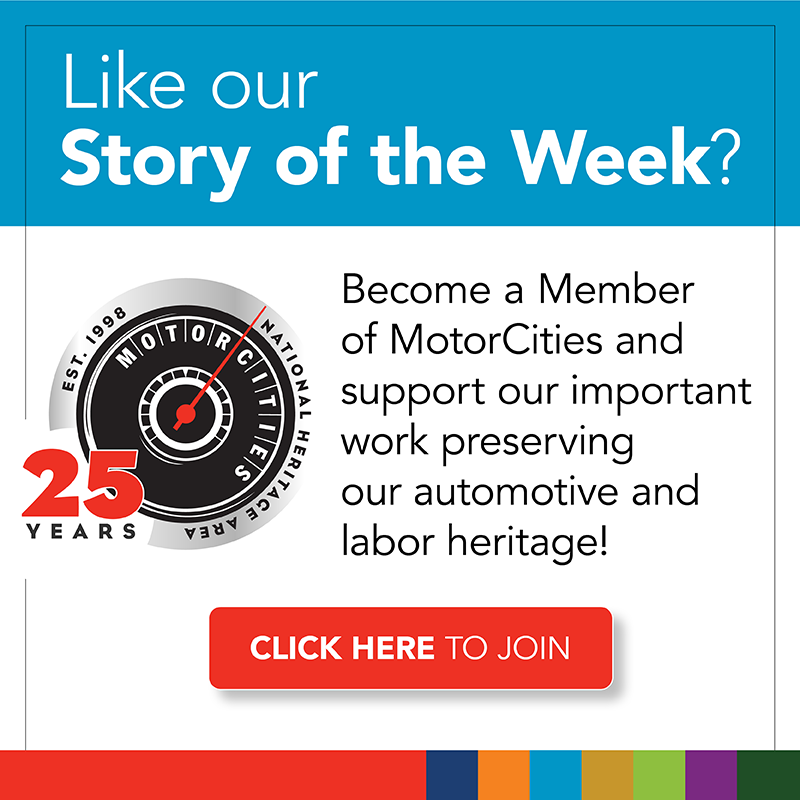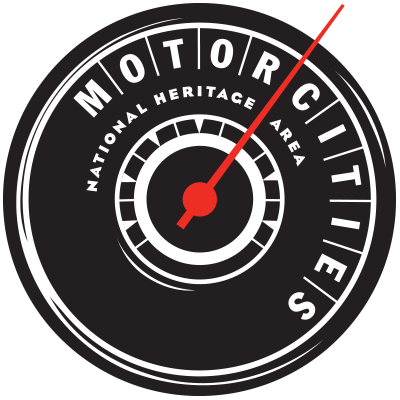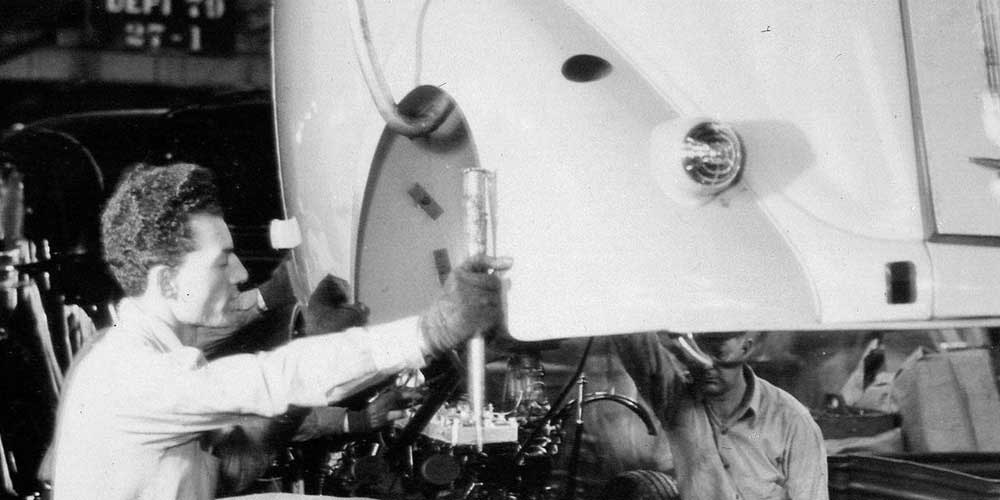By Wayne Ferens
Posted 01.24.2017
Dr. W. E. Sandborn was a well respected and successful dentist in Detroit, Michigan at the turn of the 20th century. Henry Ford did not personally know Dr. Sandborn, but a friend and later employee of Ford did - Oliver E. Bartel.
Bartel was a native of Detroit and figures prominently in a number of early automotive activities. When only 17-years-old, Bartel was fired from his first job as a draftsmen with the Frontier Iron Works of Detroit, manufacturers of marine steam engines, who felt he was inexperienced. Bartel was soon hired by Charles Brady King to assist him in building an automobile in 1893.
Bartel learned quickly and ultimately contributed much to the success that King achieved during the six years the two men worked together. King and Bartel were the first to drive an experimental horseless carriage on March 6, 1896 on Woodward Avenue in Detroit. In addition, Bartel spent four years of his childhood in Europe where his father had represented the Michigan Stove Company, could speak German fluently, and was able to help King in communicating with the skilled German workforce, who were some of the best machinists in Detroit.
In April 1901, Henry Ford was working on a racer he later named "Sweepstakes" to run at a horse race track just constructed beside the lakeside resort of Grosse Point, on the east side of Detroit, on October 10, 1901. Ford recruited a team of engineering technicians that included Oliver Bartel and an electrician from the Edison Illuminating Company where Henry Ford was previously employed, Edward "Spider" Huff.
Huff was credited officially with the car's induction coil, and he also worked with Bartel on the device that turned out to be the Ford racers most lasting contribution to automotive history: a special spark coil that they took to Bartel's dentist, Dr. W. E. Sandborn, who made a porcelain case for it - this prototype became the forerunner of the modern spark plug.
Henry Ford with his assistant Spider Huff won the race beating Alexander Winton, the largest automobile manufacturer at the time. Ford became well known and was eventually able to attract a group of investors (11) that in June of 1903 became the Ford Motor Company.
Wayne Ferens is retired after a 45 year career in the automobile business that included General Motors, Ford Motor Company, Honda Motor Co. and new car dealer. Auto history is one of his passions and has written much about the industry. He is presently a SAE Board Member.



